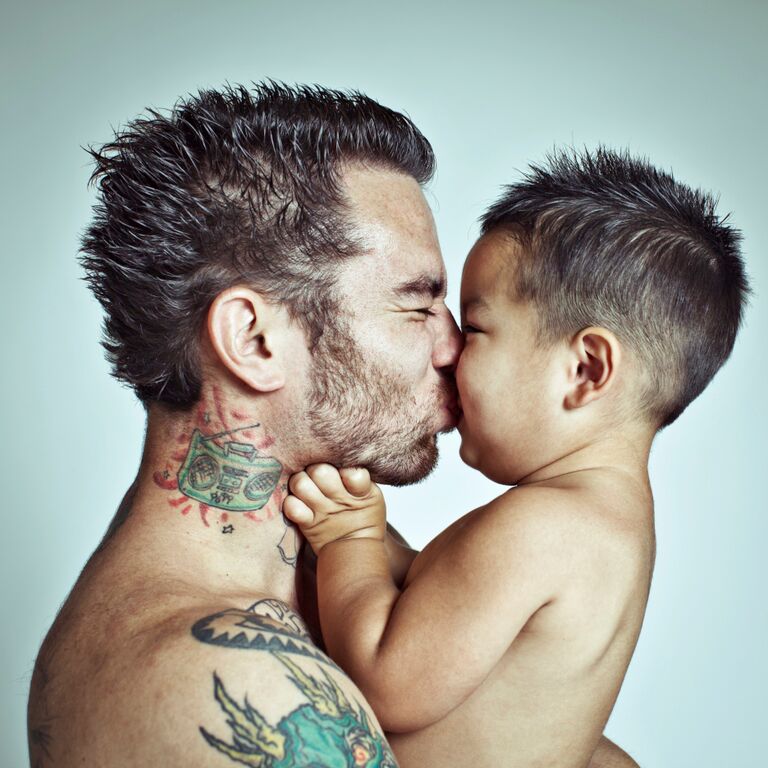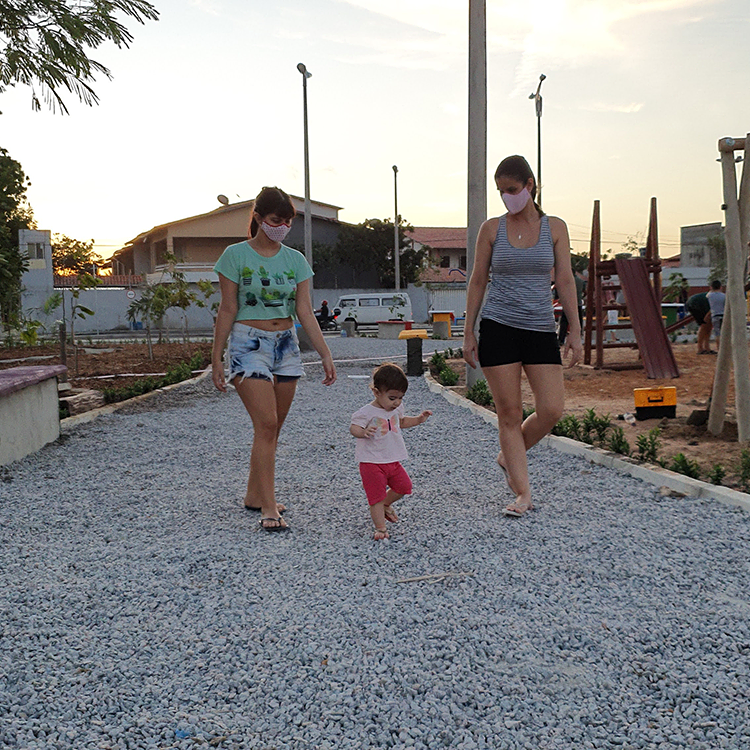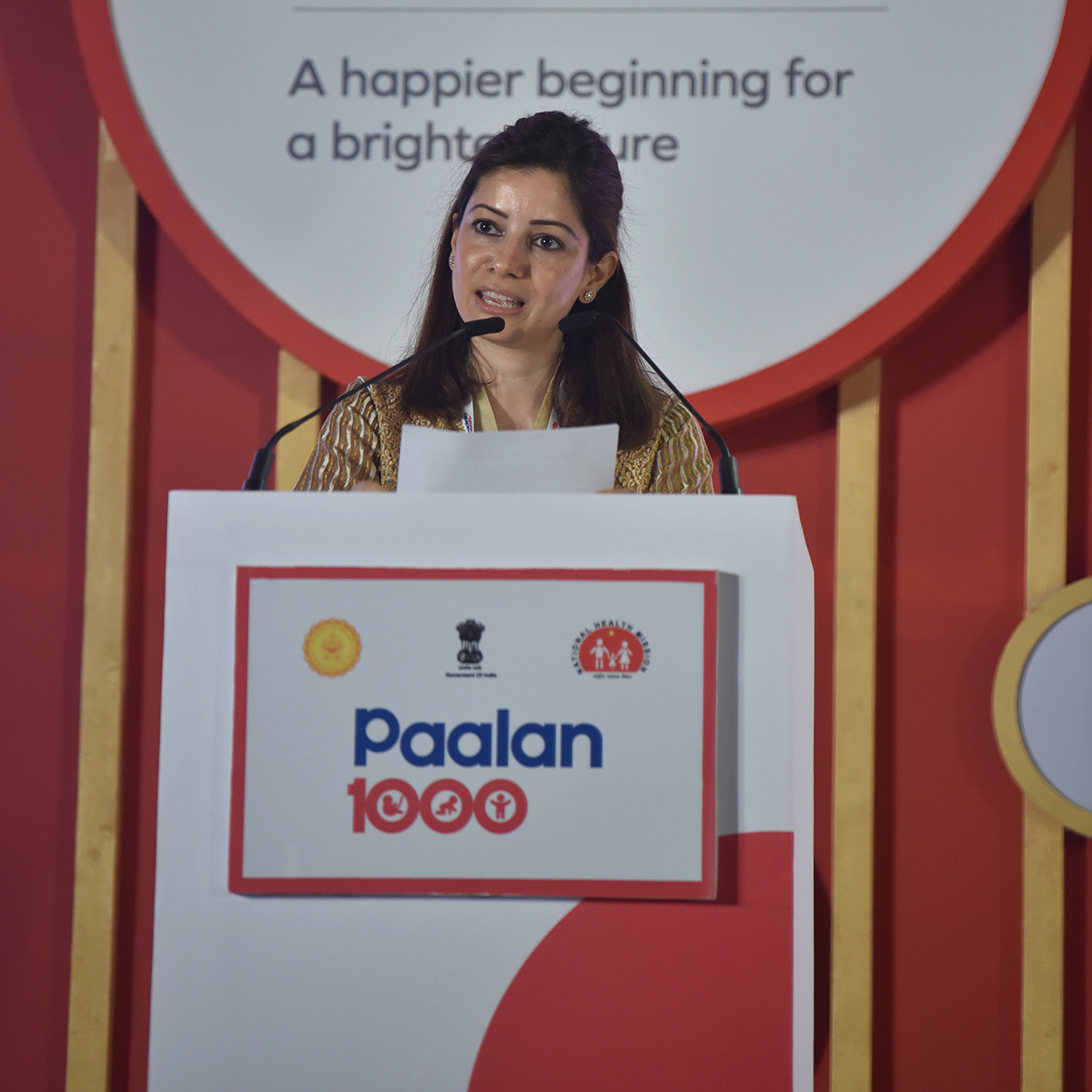This week marks the release of the first-ever State of the World’s Fathers report, an advocacy publication of the MenCare campaign. The report highlights research, policies, and programme examples regarding the state of men’s contributions to parenting and caregiving globally. Kate Gilmore, deputy executive director of the United Nations Population Fund (UNFPA), called the report “historic” at its global launch.
The report highlights the great potential for positive outcomes that results from involving fathers before, during and after the birth of a child. Expecting a child is often a turning point in men’s lives – they may feel excited, vulnerable, and open to change. As one first time father from South Africa put it: “I am excited about [my wife] being pregnant, I have started to learn about it. I am willing to learn everything – changing nappies…I want to do everything from the start to infinity!”

This enthusiasm and willingness to support their partners is important: research shows that fathers’ involvement can improve maternal health behaviours, women’s use of maternal and newborn health services, and children’s health and wellbeing. Importantly, when fathers get involved early on, they are more likely to stay involved and active in the lives of their children as they grow.
So what do we need to do to encourage and support this early involvement? One important approach is to work with health providers. In these settings, practitioners may tend to address mothers only, rather than making an effort to include their partners, or encouraging men to participate more broadly in ante-natal visits, during delivery and in the early months of the child’s life. There isn’t a single solution: each system needs to look at its own policies and protocols, and ask whether new programmes are needed specifically to help fathers become more comfortable with their new role and responsibilities.
More broadly, we need to transform the restrictive social norms that see caring for children as a woman’s responsibility.
Partners of the MenCare+ project in Brazil, South Africa, Rwanda and Indonesia promote a comprehensive approach: conducting gender-transformative group education programmes for fathers and couples; training health service providers to engage expectant fathers; advocating for ministries of health to introduce supportive policies; group education with young people to help them challenge harmful gender norms and learn about sexual and reproductive health; and counselling for men who have been violent with their families.
Results from evaluations of the MenCare+ initiative will be available in 2016, but anecdotal evidence is promising – individuals are changing, communities are changing, and systems are changing to promote equitable, involved, non-violent fatherhood. Much still needs to be done, but the benefits – to women, children and men themselves – are enormous.
MenCare is coordinated globally by Promundo and Sonke Gender Justice and jointly steered by Save the Children, Rutgers, and the MenEngage Alliance.
Blog author: Ruti Levtov, State of the World’s Fathers Author and MenCare Co-Coordinator, Promundo



